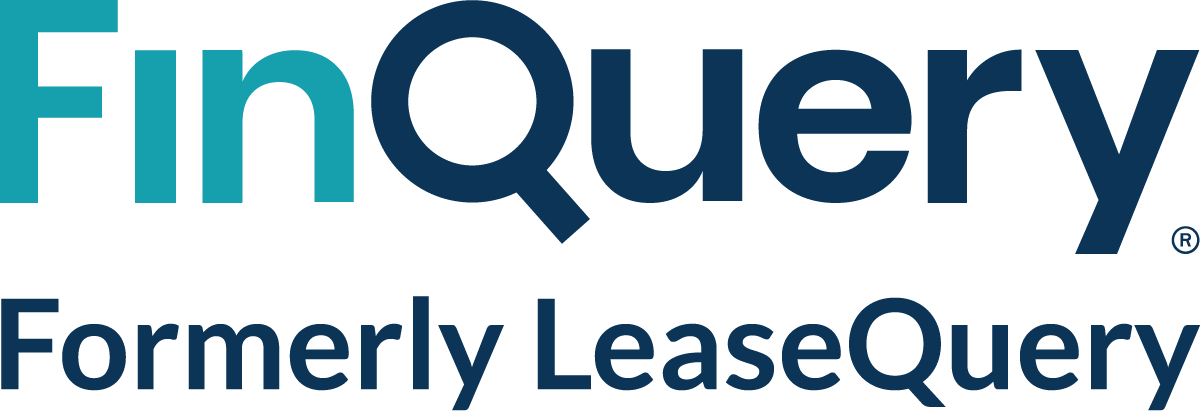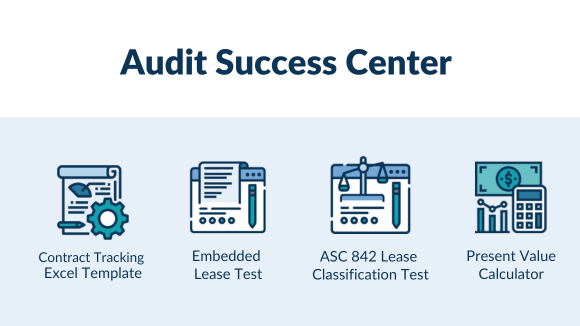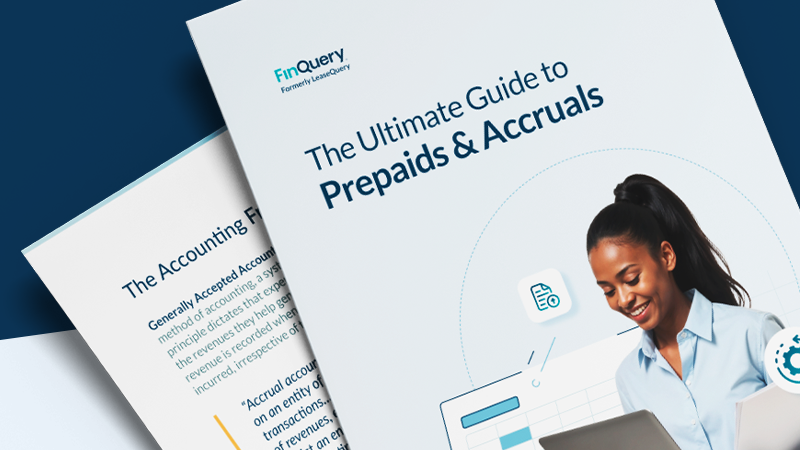Finance and accounting professionals are tasked with managing the financial health of their organization, including identifying cost savings opportunities, improving operational efficiency, and accurately budgeting and forecasting. To do this, they need visibility into an organization’s vendor and financial contracts, which can be difficult to get as organizations grow.
To address this challenge, financial contract management software is becoming an essential tool organizations rely on to enhance cross-functional visibility into contracts and drive financial efficiencies. Help your organization keep up by understanding the benefits of FCM and how to create a convincing business case for its implementation.
Set the stage: Why financial contract management software
FCM software is a relatively new space and some stakeholders may need help understanding its scope, benefits, and differences from other softwares like CLMs. Financial contract management focuses on post-signature contract handling. It helps organizations quantify overall vendor spend, streamline budgeting, improve cash flow forecasting and proactively manage contracts. By filling the gaps in cross-functional collaboration and financial visibility left behind by shared drives, CLMs, and other existing contract management solutions, it is rapidly drawing interest from growing and cutting edge organizations. FCM benefits multiple functions across companies including finance, legal, and operational teams – providing valuable insights and streamlining decisions by making key details of vendor contracts easily accessible.
Identify stakeholders
Identify the key teams and individuals participating in the decision-making process. Determine who is a decision maker and who is an influencer. Ensure you are addressing the needs of both groups appropriately as you build your case. Stakeholders to consider:
- Contract owners – The individuals within your organization that use or own the relationships for the services, applications, or equipment, etc. for which you have vendor contracts must buy into a contract management solution to maximize its effectiveness. It is unlikely these will be your decision makers, but they can be powerful allies. Help them understand the cross-functional collaboration and visibility a financial contract management solution can provide.
- Procurement – If your organization has a procurement department, they will be powerful stakeholders and potential decision-makers. Communicate how an FCM solution meets their requirements for a centralized and searchable contract repository that creates automated alerts to help manage the contract lifecycle and stores detailed information on payments and clauses.
- Legal – The legal team is likely to be a significant stakeholder and potential decision-maker in any discussions on contract management solutions. Explain that an FCM solution can meet their essential contract needs, at a much lower price point than a CLM, by providing a centralized and searchable contract repository with tracking of and reporting on contract changes and automated alerts to help manage contract lifecycle.
Tip: If your organization already has a CLM, help the legal team and broader organization understand the cases in which FCM is not duplicative. A CLM fulfills critical needs for customer contracts such as streamlining the pre-signature process and standardizing contract templates. However, CLM software is insufficient for many organizations with respect to vendor contracts because it lacks key capabilities around payment information and critical date management.
- Finance – The finance and accounting teams manage the financial aspects of vendor contracts and may most acutely feel the pain points of the gaps left by a traditional CLM. Vendor contracts require timely payments, annual budgets that take those payments into account, and cash flow forecasts. The visibility FCM offers into contract terms and upcoming payments is a critical benefit for the finance team as it will help them do their job more effectively.
- IT – It may not be intuitive to consult IT on a contract management solution, but they can be a powerful stakeholder and ally in this process. With the hugely important role of technology in business operations – IT is the owner or responsible for many of your organization’s vendor contracts. In fact, software is now the third largest expense for most organizations – along with real estate and people. The IT team will find great value in visibility into what software contracts an organization has, the budget impact of those contracts, and the critical dates for those contracts.
- Executive leadership – Senior management from one or a few of the teams mentioned above is likely to be your decision maker on FCM. Their interest in contract management will be around how it can impact organizational objectives, financial performance, and risk exposure. Help these stakeholders understand all the strategic information that can be unlocked with visibility into the contracts driving your largest areas of spend. Show the financial ROI with metrics on cost savings can be derived from better contract management. And point out the risks, like unwanted renewals or late payments, that can be mitigated with greater visibility into contracts and their terms.
Make your case: Key benefits of Financial Contract Management software
Proactive vendor contract management
The true strength of FCM for contract owners lies in proactive vendor contract management. Imagine a rapidly expanding company, leveraging multiple software vendors, each with unique contract terms, renewal dates, and payment schedules. The implementation of FCM software can save the day by enabling contract owners to efficiently manage these relationships. A searchable central repository with contract abstracts, as well as original documents, makes information easy to access. Automated critical date alerts allow for tracking key contract terms such as renewals or opt-outs, payment changes, or other milestones.
ROI estimate: Ask contract owners, procurement, or legal to estimate how much, either by percentage or actual dollars, they think they could save with more time to better negotiate contract terms.
Enhanced visibility for accurate budgeting and forecasting
The standout financial benefit of FCM is that it offers full visibility into payments including amounts, dates, and types. FCM supports a broad range of payment structures and discerns between recurring and non-recurring fees. This visibility makes budgeting and cash flow forecasting simpler, faster, and more accurate.
ROI estimate: Ask finance and accounting team members if they have estimates of interest expense due to credit increases for unplanned payments, missed interest revenue from pulling cash out of higher yield accounts, or penalties paid due to not meeting balance minimums. Additionally, ask them how much time they could save budgeting or forecasting if they had contract information at their fingertips.
Operational efficiency and financial control
FCM’s effective vendor contract management gives organizations the power to maintain operational efficiency and financial control. By preventing late payments, overlooked contract renewals, missed notice periods, or skipped payment escalations, FCM helps maintain smooth financial sailing.
ROI estimate: Ask finance and accounting if they have an estimate of late fees paid or unwanted renewals made by the organization over the past year.
Improved decision making
With contract information easily accessible to necessary stakeholders across functions – the entire organization can benefit. Knowledge of key contracts and contract details such as important dates, payments, and clauses can give an organization a more holistic picture of where their money is going now and in the future. This information is vital for strategic planning across the organization, and in particular by the finance and IT teams. With more and more accurate information, capital and technology planning can be greatly improved, helping the organization become more efficient, grow faster, and improve profitability.
ROI estimate: Improved strategic decision making may be priceless – but the time saved in gathering data can be quantified. Talk to the finance and IT teams and have them estimate how much time they could save gathering data in the forecasting and strategic planning processes if they had visibility into all vendor contracts.
Optimized costs
Perhaps the best way to build a business case for any tool is to show hard dollar savings, and FCM does not fall short here. Because it provides a detailed overview of financial commitments, it enables proactive spend management and can uncover significant savings opportunities. For example, Gartner estimates 25-50% of SaaS spend is wasted at any given organization due to a variety of factors including no visibility into overlapping softwares or lack of contract management. A solution like an FCM, or if SaaS spend is a particular pain point at your organization, a Software Asset Management solution with FCM capabilities, can help address issues like this and reduce wasted spend with vendors.
ROI estimate: Ask stakeholders for any recent examples where better visibility or more proactive management could have saved dollars (e.g. uncovering duplicate subscriptions or missing a renewal deadline). Alternatively, ask stakeholders where they think opportunities for savings are and ask them to estimate a savings percentage they think is possible with better visibility and proactive contract management.
Summary
Financial contract management software (FCM) fills the gaps left by traditional contract management tools, enabling proactive vendor contract management, enhanced visibility for accurate budgeting and forecasting, operational efficiency, improved decision-making, and optimized costs. To make the business case for FCM it is critical to identify the right stakeholders, understand their needs, and articulate how FCM meets those needs. Ensuring that all stakeholders feel confident in championing the solution and getting their help in determining ROI numbers will make a strong case for the organization to adopt FCM to improve their contract management practices and financial health.












